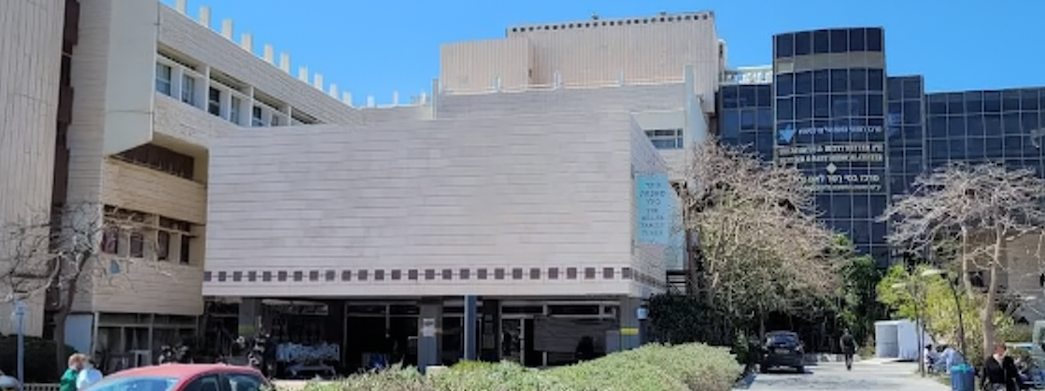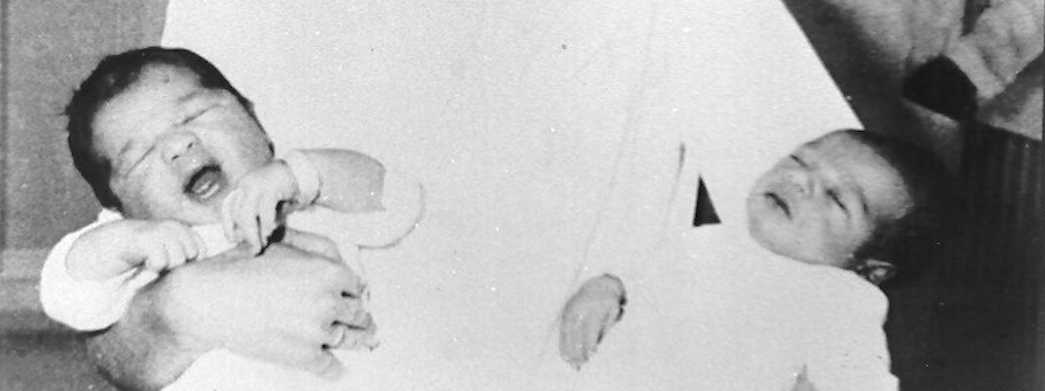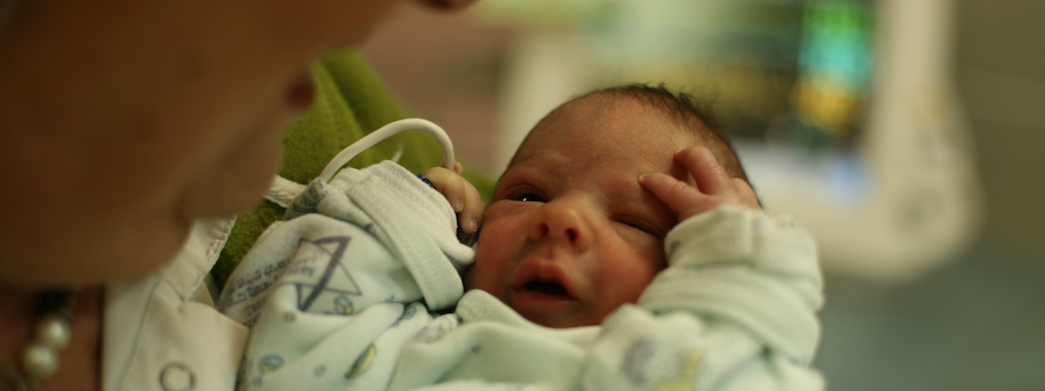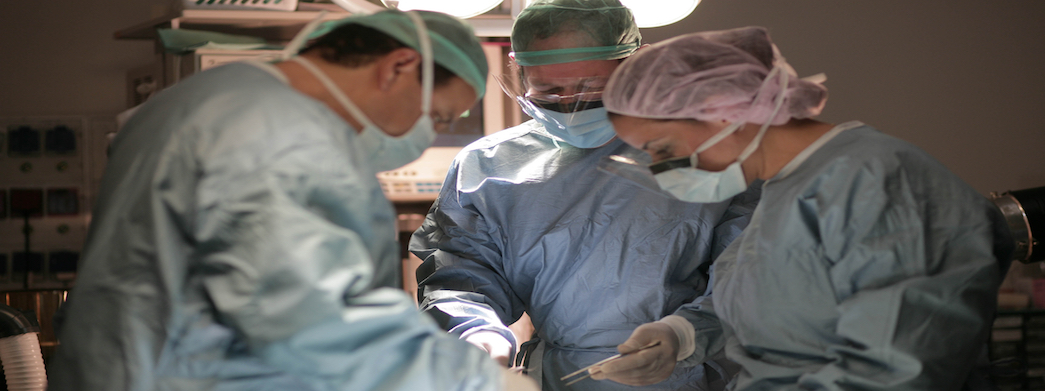- Home
- News and Stories
-
The Israeli Health System and Why Laniado Needs Your Support
The Israeli Health System and Why Laniado Needs Your Support

Israel’s healthcare system is often admired for providing universal access and advanced medical care. But behind the scenes, hospitals like Laniado face complex financial challenges that make your support not just appreciated—but essential.
The Foundations: Kupat Cholim and the Health Tax
Every Israeli citizen is legally required to join one of four Health Maintenance Organisations (HMOs)—known in Hebrew as Kupot Cholim—which provide the foundation of Israel’s healthcare. These include:
- Klalit
- Maccabi
- Meuhedet
- Leumit
Citizens pay a health tax (mas briut), which is deducted from their income and directed to the government. The government then allocates funding to the HMOs, who in turn provide healthcare services to their members. Individuals may also pay an additional premium for extra services like shorter waiting times, dental care, or expanded specialist options.
While this system offers broad access, the cost of running hospitals far exceeds what the HMOs provide. And this is where the situation becomes more complex—and why Laniado Hospital relies so deeply on your generosity.
A Historical Overview: How Israeli Hospitals Developed
Before the establishment of the State of Israel in 1948, hospitals like Hadassah and Shaare Zedek were already serving communities with dedication and purpose. But when the new state was formed, a decision was made that would shape Israel’s hospital landscape for decades.
Together, we are saving lives—with Compassion, Hope, Help and Courage.
Today, there are four types of hospitals in Israel, each with a different financial and administrative structure:
- Government Hospitals
After 1948, instead of nationalising the existing hospitals, the Israeli government chose to open its own hospitals, which remain entirely government-owned and funded. There are 11 of these hospitals, including:
- Sheba Medical Center (Tel HaShomer)
- Rambam Health Care Campus (Haifa)
- Ichilov Hospital (Tel Aviv)
These hospitals receive direct government support for operations, infrastructure, and salaries. However, the government made a decision not to open additional hospitals, largely due to budget constraints.
- Klalit HMO Hospitals
The Klalit health fund, the largest of the four HMOs, operates nine hospitals including:
- Beilinson (Rabin Medical Center)
- Meir Medical Center
As a major player in the system, Klalit hospitals are able to influence health policy and often receive government assistance with their debts, giving them a degree of financial security.
- Public Not-for-Profit Hospitals
This category includes hospitals that are not government-owned, and not HMO-owned. They were established by independent foundations or community initiatives to serve local populations. There are seven such hospitals, including:
- Laniado Hospital (Netanya)
These hospitals operate on a not-for-profit basis and receive no direct government funding. Their income comes solely from:
- Payments from HMOs for services rendered
- Private donations and fundraising efforts
Laniado, in particular, was founded by the Klausenberger Rebbe zt’l, a Holocaust survivor who envisioned a hospital grounded in compassion, dignity, and Torah values. Today, it remains true to that vision—never turning away a patient, regardless of background or ability to pay.
But to survive and grow, Laniado relies entirely on supporters like you.
- Private For-Profit Hospitals
Hospitals such as Assuta fall into this category. These institutions receive no government funding and operate primarily for elective procedures. They do not have emergency rooms, and their services are often available only to those who can pay privately or through premium insurance.
Where Does Laniado Stand?
Laniado is a unique and vital part of Israel’s healthcare system. It serves a rapidly growing and diverse population in Netanya and beyond, providing everything from emergency trauma care to maternity services, oncology, and pediatrics.
Unlike government and HMO hospitals, Laniado must raise funds year-round to:
- Maintain critical equipment and facilities
- Expand departments to meet growing demand
- Support staff and training
- Ensure 24/7 emergency coverage—especially during crises or war
Why Your Support Matters
Laniado receives no safety net from the state. Each donation—your donation—directly strengthens its ability to save lives. When you give to Laniado, you're not just funding a hospital. You are upholding a vision of healing rooted in faith, compassion, and courage.
With heartfelt thanks, we invite you to join us in sustaining Laniado’s sacred mission.
Together, we are saving lives—with Compassion, Hope, Help and Courage.
Other News

Celebrating 50 Years of Life: Laniado Hospital’s Golden Birthday

Off-Duty Police Officer Allegedly Stabs Man in Netanya; Victim Treated at Top-Rated Laniado Hospital

A Birth Surrounded by Care, Calm, and Heart at Laniado Hospital



